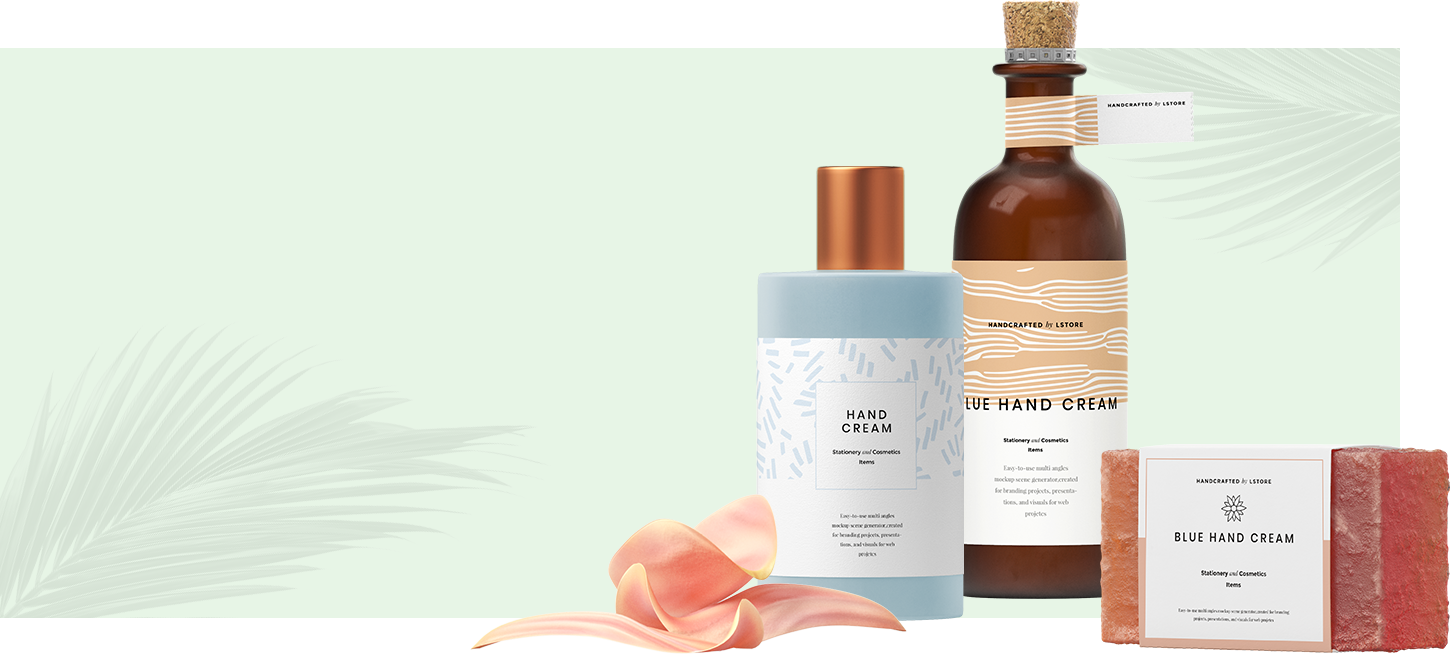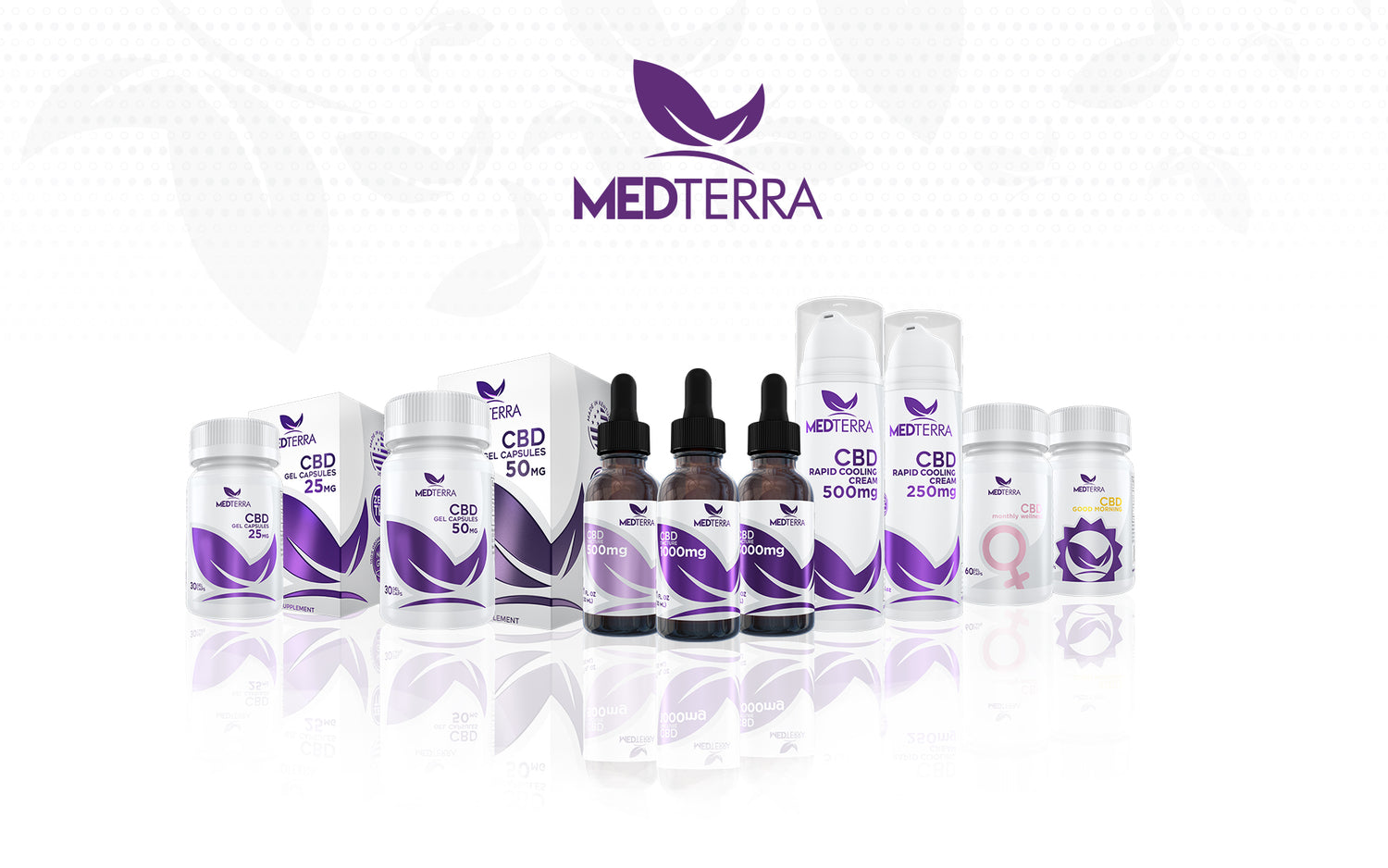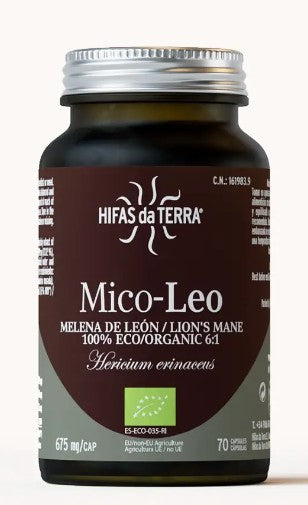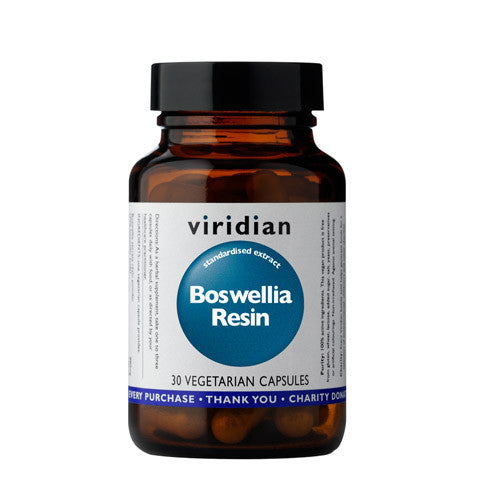Coronaviruses (CoV) are a family of viruses which cause a range of illnesses, ranging from the common cold to severe respiratory conditions. In early January, a new strain of coronavirus (2019-nCoV) was identified as the cause of several cases of pneumonia in Wuhan, China, and it has since spread worldwide.[ii] It has been reported that those with 2019-nCoV experience mild to severe respiratory issues, starting with a fever, cough, and shortness of breath.[iii]
As a newly identified strain of coronavirus, little is known about it in terms of how it behaves, how it spreads, and how it can be treated, and this has left many of us feeling vulnerable and apprehensive as we watch the situation unfold. It is important to recognise though that the above authoritative bodies have emphasised that “…most cases of appear to be mild. Those who have died in Wuhan appear to have had pre-existing health conditions.”[iv]
We are keen to empower you with knowledge of the many measures which we can all implement to support our immunity. This is important for all of us, but especially for at-risk members of the population, particularly those with existing underlying medical conditions,[v] as well as young children, the elderly, and those who are pregnant or breastfeeding.
Given that the virus is principally spread from animals to humans, the World Health Organisation (WHO) have issued some general precautionary guidelines about how we can try to minimise animal-human transmission. We also recommend that you check out the following resources provided by the WHO and Centers for Disease Control and Prevention (CDC) which summarise additional measures which may further reduce our risk of infection.
So, what else can we do?
Well, one striking omission from the recommendations issued to date is the importance of nutrition and lifestyle. While this is a new strain of coronavirus that we do not know much about, we need to focus on what we doknow about combatting viral infections naturally by harnessing the power of our immune system, which is a lot! Once more, there is actually some research available which highlights the potential benefit of nutrition for infection from other strains of coronavirus, which it would be well worth putting into practice given the possibility that it might be effective against 2019-nCoV too!
SELF-CARE ACTION PLAN FOR
SUPPORTING YOUR IMMUNITY
Keep your immune system nourished with the nutrients it requires to function properly, chiefly those with general anti-viral properties such as beta-glucans,[vi] zinc,[vii] lysine,[viii] and vitamin A,[ix] C[x] and D.[xi] Consider supplementing them on a daily basis from a therapeutic multinutient to work on prevention, coupled with a targeted immune complex if you start to feel below par which provides these nutrients at a higher dose for extra support. For instance, look for a complex providing elderberry, since preliminary in vitro research has revealed its strong inhibitory effect on a strain of human coronavirus (HCoV-NL63)[xii] and a strain of pathogenic coronavirus found in chickens.[xiii]
It is worth taking vitamin C at a high dose, short-term. Up to 6-8g per day can reduce the symptoms of the common cold, and a high dose may be protective against other respiratory issues, including pneumonia.[xiv] Studies in animals have even shown that vitamin C may be effective against certain strains of coronavirus![xv] It is easiest to achieve a high dose of vitamin C using a powdered vitamin C product. Since it is a water-soluble nutrient, it is advisable to spread this dosage over the course of the day (rather than taken all in one go) to support absorption and help maintain a steady supply of vitamin C in the bloodstream. Be careful with high dose vitamin C if you are on medication (especially anticoagulants) or have a history of kidney stones. Furthermore, if you are under medical supervision, please consult a health professional before supplementing.
Optimise your vitamin D status guided by a vitamin D test. We are all prone to sub-optimal vitamin D levels during winter and the last thing we need is something as basic as this increasing our infection risk.[xvi] Increase your intake of vitamin D rich foods and contact a Registered Nutritional Therapist for tailored advice. Adults and children can start by taking a conservative daily dose of 1000 IU and 400 IU vitamin D3 respectively.
Support the resilience of the gut to infection by increasing your intake of prebiotics (the fibre)[xvii] and probiotics (the good bacteria),[xviii], [xix] alongside supportive micronutrients, notably vitamin A and vitamin D.[xx],[xxi] Enjoy foods such as onions, garlic, leeks, Jerusalem artichoke, raw sauerkraut, and kefir on a daily basis. To help you reach a therapeutic dosage, consider supplementing with prebiotics and well-researched human strains of beneficial bacteria, such as Lactobacillus acidophilus, Bifidobacterium lactis, and Bifidobacterium bifidum. The LAB4 combination can stave off intestinal pathogenic overgrowth[xxii] and support the barrier function of the gut wall,[xxiii] which can then have a positive knock-on impact on the overall strength of our immune system.
Prioritise sleep and relaxation. Sleep is the opportunity for our body to ‘rest and repair’ and is just as important as nutrition when looking to strengthen our immune system. Strikingly, research has shown that those with less than 7 hours sleep per night were up to 3x more likely to develop the common cold after experimental exposure to rhinovirus than those with more than or equal to 8 hours sleep per night.[xxiv] Therefore, aim for 8 hours or more uninterrupted sleep per night with the help of an eye mask, ear plugs, increased intake of calming nutrients such as magnesium,[xxv] and meditation before bed, to facilitate the protective effect of sleep on our immune defences.[xxvi] Given the anxiety that we are prone to feel when it comes to the current coronavirus outbreak, this recommendation could not be more important!
Watch your sugar and alcohol intake.
Try to choose healthier alternatives, such as dark chocolate, nuts, and non-alcoholic drinks (e.g. kombucha), since both can have a draining impact on our immunity.






